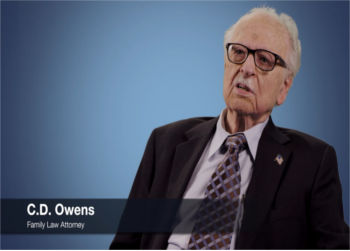Tempe Divorce, Annulment & Legal Separations
A divorce, an annulment, and a legal separation are all very similar in many respects, so there are a couple of important key differences that you should understand. When asked to enter a divorce, annulment, or a legal separation, the court is required to enter specific orders. If there are children involved, the court is required to make orders as to child support. The court is also required to enter orders explaining which parent is going to have the parenting time with the children and which parent, or both parents are going to have the legal decision-making for the child. Even if there are no children involved, the court is required to enter orders as to spousal support. Also, the court is required to enter orders dividing up the assets and debt of the parties. In those respects, a divorce, an annulment, and a legal separation are all very similar.
Legal Differences
Now, the differences are also important to understand. In a divorce, the judge is essentially saying, “I now pronounce the parties no longer man and wife”. With an annulment, the judge is saying, “We’re going to pretend that you guys were never really married”. With a legal separation, the parties actually remain married, but the court has divided up all the assets and debts. In a legal separation case, if the parties are able to reconcile the marriage, the court can remove the legal separation, and they are back to being married. If you would like more information, please contact me at (480) 733-6800, or you can visit us online.
For additional information on divorce, annulment and legal separation in Arizona, please visit a profile and complete a contact form.
By: Attorney Douglas Gardner









